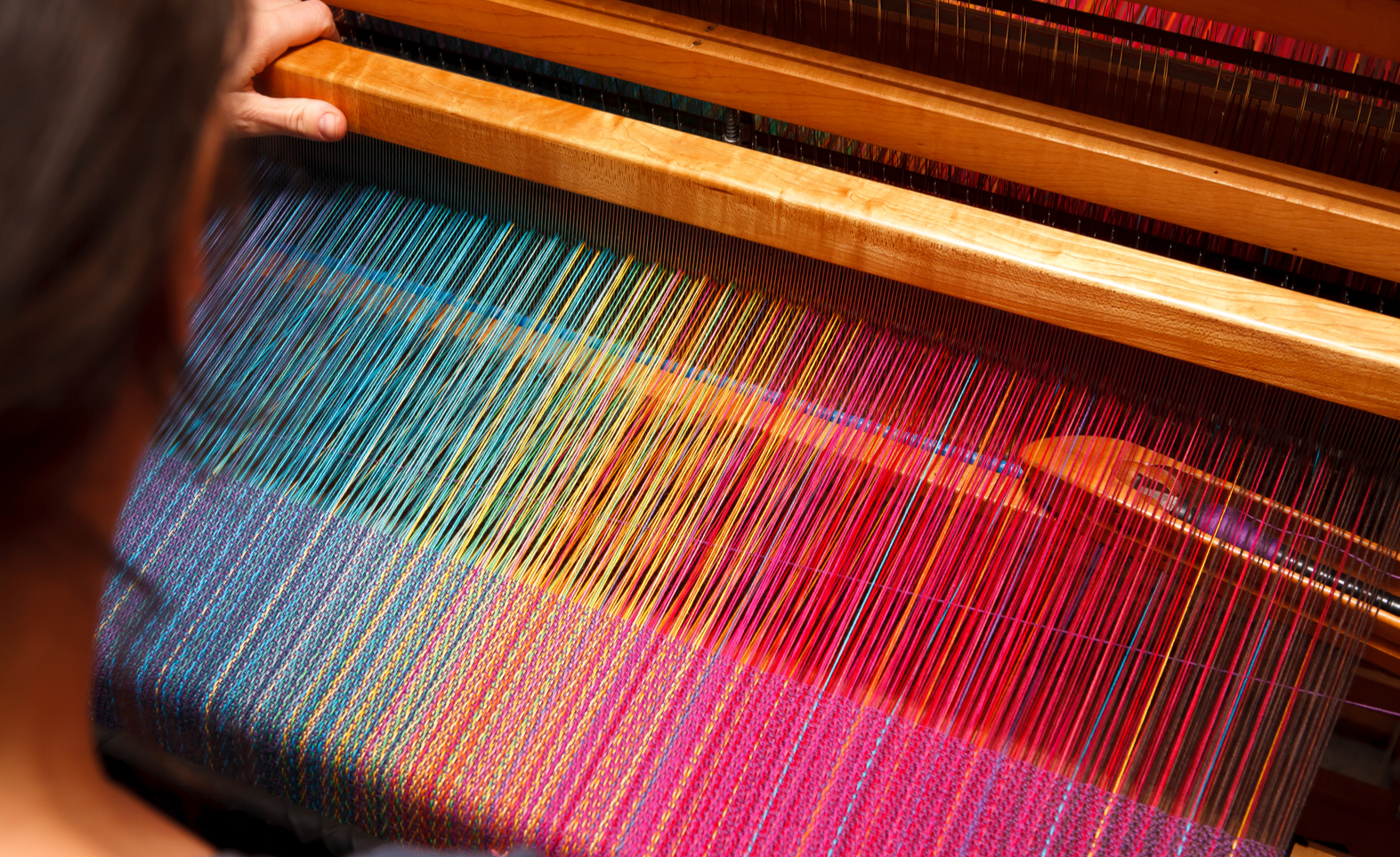
August 25, 2021
The first batch of 1,565 artisans completed the programme and the second batch will complete theirs in August.
65 centres will be absorbed under the SAMARTH scheme to boost employability and provide artisans greater remuneration.
Attendance will be taken through an Aadhar enabled system and programme management will be led by an MIS framework.
Limited market access, technological assistance and raw materials hamper the textile sector.

The Ministry of Textiles is facilitating the upskilling of artisans from 65 clusters including weaving, spinning, and ancillary industries as part of the SAMARTH scheme. The initiative will look to impart soft skills and technical skills under the aegis of the National Skills Qualifications Framework (NSQF) Handicrafts courses. By the end of the programme, the artisans will be equipped with skills that have better remunerative potential and be put through a placement-based employment process. The first batch of trainees consisted of 1,565 artisans across the 63 training centres, and the subsequent batch of 1,421 artisans is expected to complete their training by the end of the month.
The SAMARTH scheme, which was formulated in close coordination with the Ministry of Skill Development & Entrepreneurship (MSDE), State Government agencies and relevant stakeholders in the textile industry, feature training programmes which include: (i) Aadhaar Enabled Biometric Attendance System (AEBAS), (ii) a feedback loop and grievance redressal mechanism through a Call Centre system, (iii) upskilling programmes and entry-level training with 90% and 70% guaranteed placements, (iv) monitoring of courses and students through a Management Information System (MIS).
Artisans face multiple challenges in the textile ecosystem beginning with low wages and limited access to market ecosystems. With the advent of technology, it is inevitable that some of the skills handed down from one generation to another have become obsolete. Furthermore, the inability to tap into the benefits provided by economies of scale has put the Indian textile industry on a backfoot in comparison to neighbouring nations. When taking the industry as a whole, there are issues concerning the lack of financial support for MSMEs and smaller entities, as well as irregularities in infrastructural backing for the value chain. Furthermore, there also exists the question of sourcing adequate raw material for man-made fibres and reducing the dependence on a cotton-first manufacturing ecosystem. Initiatives like SAMARTH can go a long way in equipping artisans to be self-sufficient and giving them significant exposure to multiple markets. With targeted reforms and appropriate guidance, the textile industry can venture into a more modern approach towards domestic manufacturing and exports.